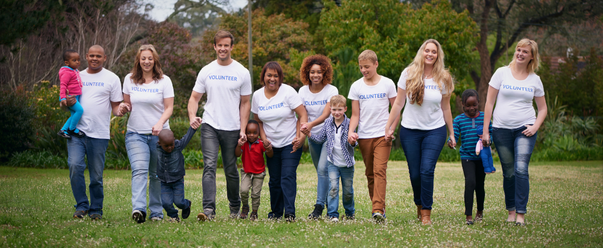Shape the Future with a Social Work in Australia
Social work courses in Australia prepare students for careers focused on helping individuals, families, and communities overcome challenges and improve their well-being. These courses emphasize social justice, human rights, and the empowerment of marginalized and vulnerable populations. With the support of the best education and migration consultant in Sydney, Australia, students can navigate their educational journey and make a positive impact in the social work field.
Entry Requirements

Program Structure

Curriculum

Specialization

Professional Accreditation

Field Education

Career Opportunities
Graduates of social work courses in Australia are qualified to pursue a wide range of career opportunities in various settings, including government agencies, non-profit organizations, healthcare facilities, schools, mental health services, child protection services, community development organizations, and private practice. Social workers may work with diverse client populations, such as children and families, older adults, individuals with disabilities, refugees and migrants, Indigenous communities, and people experiencing poverty, homelessness, or domestic violence. Social work is a rewarding profession that offers opportunities to make a meaningful difference in people’s lives and contribute to positive social change.
Popular Social Work Courses in Australia
Bachelor of Social Work

Feel free to contact with us
